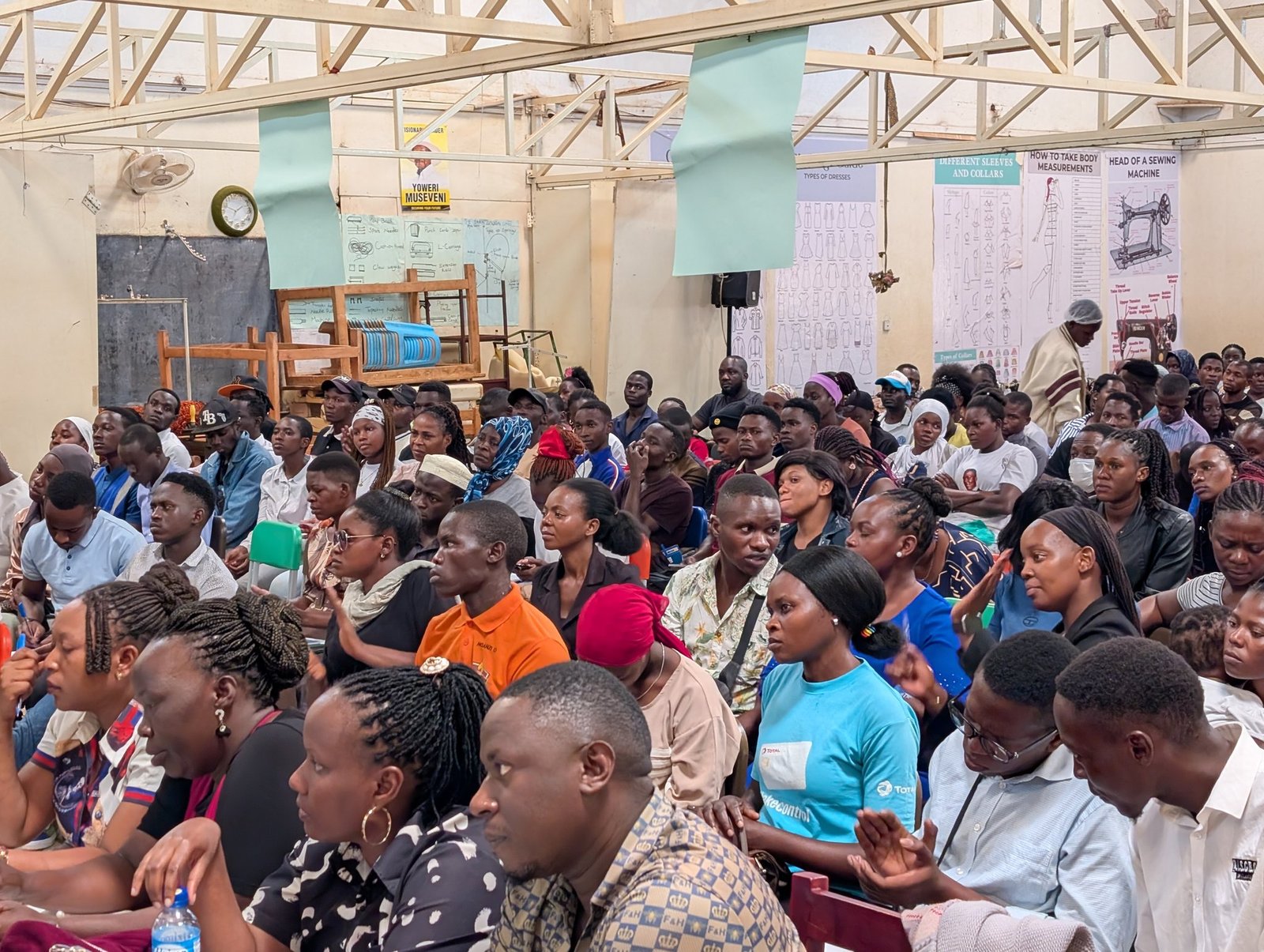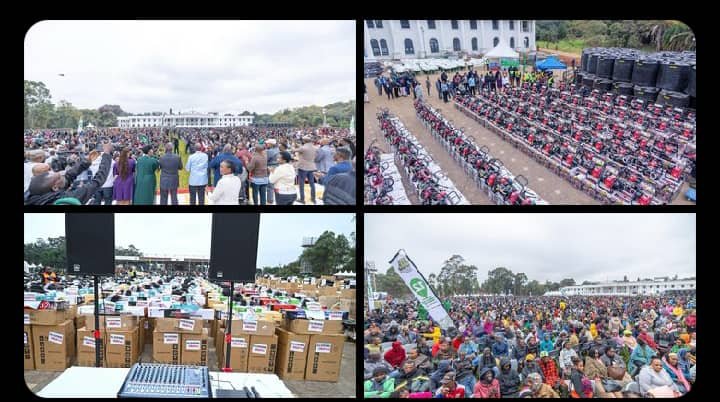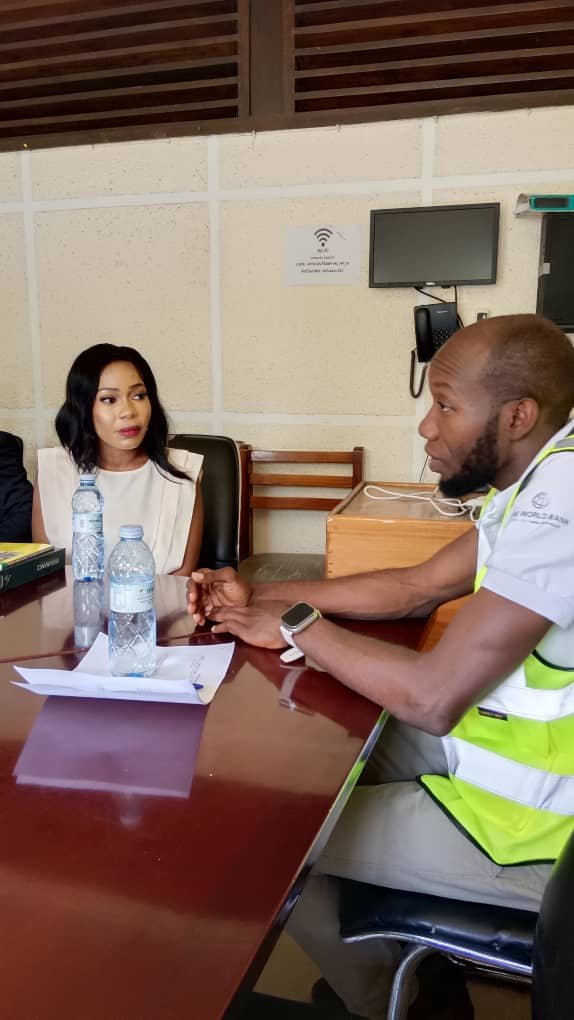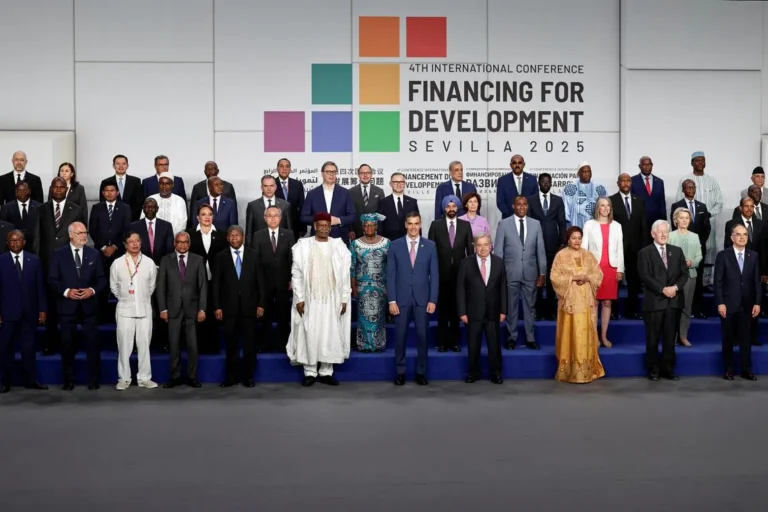
President Museveni Launches SACCO Drive to Empower Youth in Kampala’s Five Divisions
Kampala, Uganda – In a bold step toward economic empowerment, President Yoweri Kaguta Museveni has unveiled a new initiative establishing Savings and Credit Cooperative Organisations (SACCOs) across Kampala’s five divisions to support graduates of the Presidential Skilling Programme.
The newly launched SACCOs aim to provide startup capital and financial tools to youth trained in various vocational skills under the programme, which is part of the President’s broader “Kisanja for Socio-Economic Transformation” agenda. The initiative emphasizes practical skills development, financial inclusion, and sustainable enterprise.
The SACCOs will be tailored to benefit trainees from the divisions of Central, Nakawa, Makindye, Rubaga, and Kawempe—where nine Presidential Skilling Centres are currently operational. These include centres located in Mulago, Wandegeya, Kikoni, Kigoowa, Mutundwe, Wabigalo, Luzira, Subway, and Nakulabye.
Each division will maintain its own SACCO structure, creating a formal, organized platform for thousands of young Ugandans to access affordable credit and investment opportunities as they venture into small-scale business or seek employment tools.
Dr. Faith Katana Mirembe, Head of the Skilling the Girl and Boy Child Programme, announced the development during a recent event at the Mulago Skilling Centre.
“This is a fresh Presidential directive. These SACCOs are different from any previous financial arrangements and will directly serve the skilled youth,” Dr. Katana explained.
To ensure effective use of the funds, students are already undergoing training in financial literacy, SACCO management, and entrepreneurship. The first sessions were held at the Mulago Centre and will roll out to other centres in the coming weeks.
According to Dr. Katana, the programme has already trained hundreds of youth in trades such as tailoring, welding, carpentry, baking, and hairdressing—many of whom have since secured employment or launched their own businesses.
“Now, with the SACCOs in place, we are closing the loop—training people, then equipping them with financial tools to implement what they have learnt,” she added.
Trainees shared personal testimonies of how the programme has changed their lives. A baking graduate from Wandegeya Centre revealed she now earns a steady income from her business, while a former student from Mutundwe spoke of receiving contracts from local hardware shops thanks to his welding skills.
The SACCO drive represents a continued commitment by President Museveni to tackle youth unemployment, poverty, and economic marginalization. By coupling vocational training with financial support, the government is laying a foundation for a self-reliant, skilled workforce ready to contribute to Uganda’s development.
“This is what the President has always advocated—that we give our young people not just knowledge, but the power to act on it,” said Dr. Katana.
With community involvement, strong oversight, and sustained mentorship, the SACCOs are expected to become a model for youth financial empowerment not only in Kampala but across urban centres in Uganda.
As the initiative unfolds, it stands as a testament to the government’s resolve to equip Uganda’s youth with more than just skills—it offers them a ladder to climb into the national economy with dignity, confidence, and capital.







